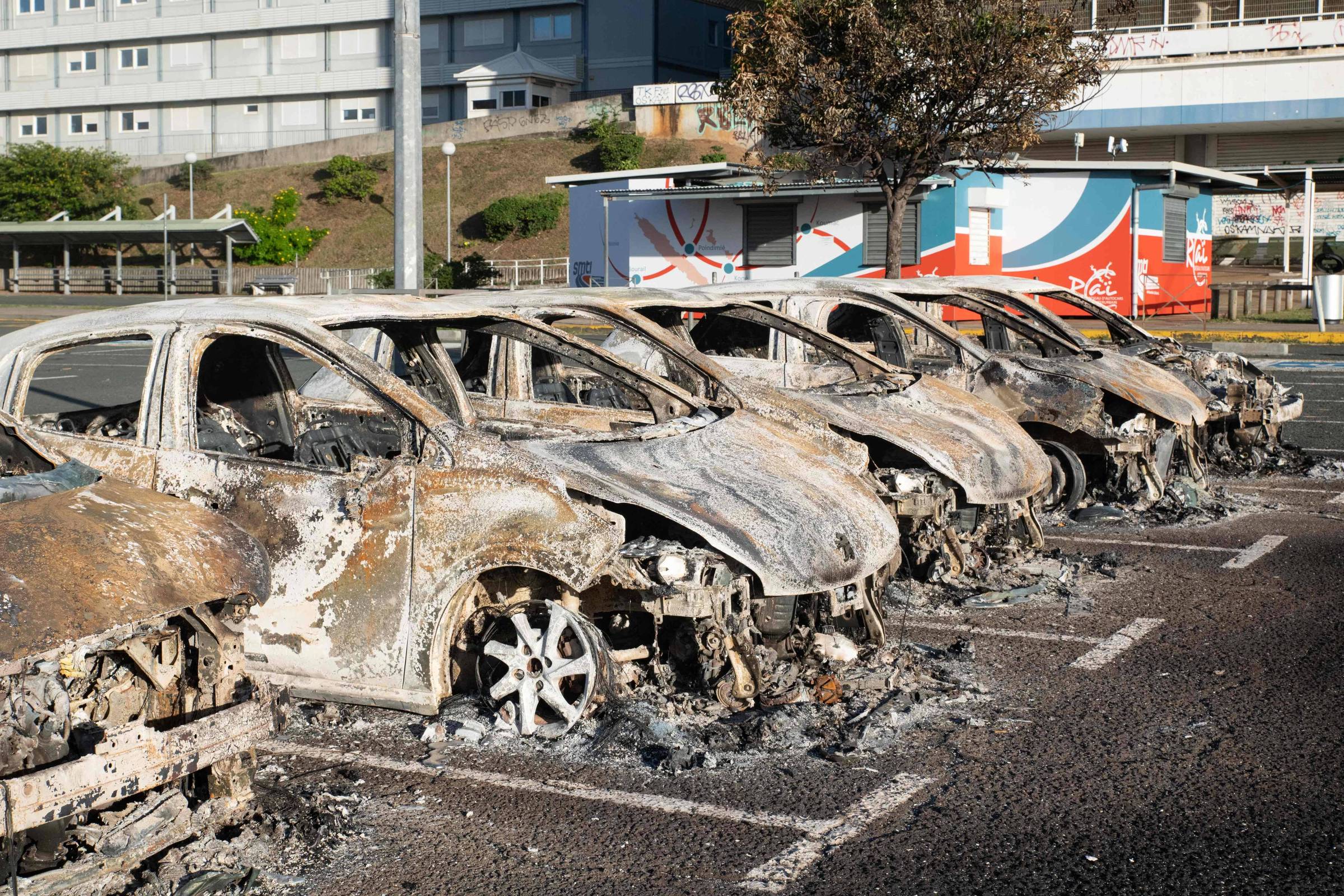France announced the sending of more than a thousand security personnel to New Caledonia, a region in the Pacific Ocean belonging to the European country, on Thursday (16).
This measure – which was preceded by the declaration of a state of emergency in the archipelago by President Emmanuel Macron on Wednesday (15) – seeks to control the unrest that swept the region at the beginning of the week, when lawmakers in Paris began discussing reform of the law. Typical local elections
Today, only voters registered in 1998 and their descendants can participate in regional elections. French representatives want to expand this right to include anyone who has lived on the island for at least ten years. But indigenous Kanak community leaders, who have lived in the archipelago since before France colonized it in the mid-19th century, object to the change, saying expanding voting rights would reduce their influence over local institutions.
Dissatisfaction with European lawmakers led to a wave of protests characterized by clashes between demonstrators and security forces, attacks on buildings and shootings.
At least 206 people were arrested and hundreds more were injured, including 64 officers. Three young Kanak men were killed in the riots, and a 22-year-old police officer died after being shot in the head while speaking with protesters, according to French Interior Minister Gerald Darmanin. Another police officer was killed after being accidentally hit by a colleague.
Louis Le Franc, a French state representative at the scene, said Wednesday night was “less violent” than the previous two nights.
However, gunshots could still be heard in Noumea, the archipelago’s capital, on Thursday morning, and in a poor neighborhood north of the city, several shops were looted.
Macron defended “the resumption of political dialogue.” However, a video conference he had proposed to regional representatives to discuss the situation was not held.
“The different parties do not want to talk to each other at the moment,” the Elysee Palace said, adding that the leader would speak “directly to the MPs” separately.
In turn, Prime Minister Gabriel Attal announced the deployment of the army “to protect the ports and airport of New Caledonia,” imposed a curfew and banned the “Tik Tok” application, which, according to him, is used by the demonstrators.
The electoral reform received the green light from representatives on Wednesday. Now, it needs to be approved by the Senate to take effect.
He called on New Caledonia’s Pacific neighbors to return to dialogue and cancel the electoral reform. Vanuatu Prime Minister Charlotte Salwai said: “These events could have been avoided if the French government had listened.”

“Music fanatic. Professional problem solver. Reader. Award-winning tv ninja.”






More Stories
Couple retakes glacier photo after 15 years, surprised by changes: ‘It made me cry’
Two killed in hotel collapse in Germany – DW – 07/08/2024
Lula speaks for half an hour on phone with Biden about Venezuela’s electoral impasse | Politics